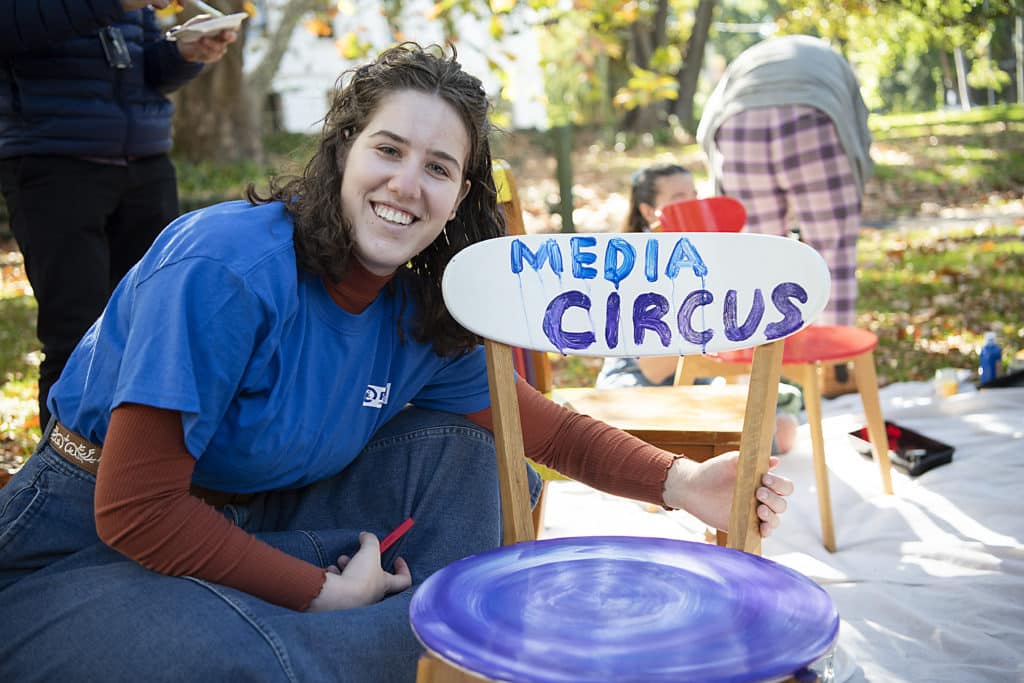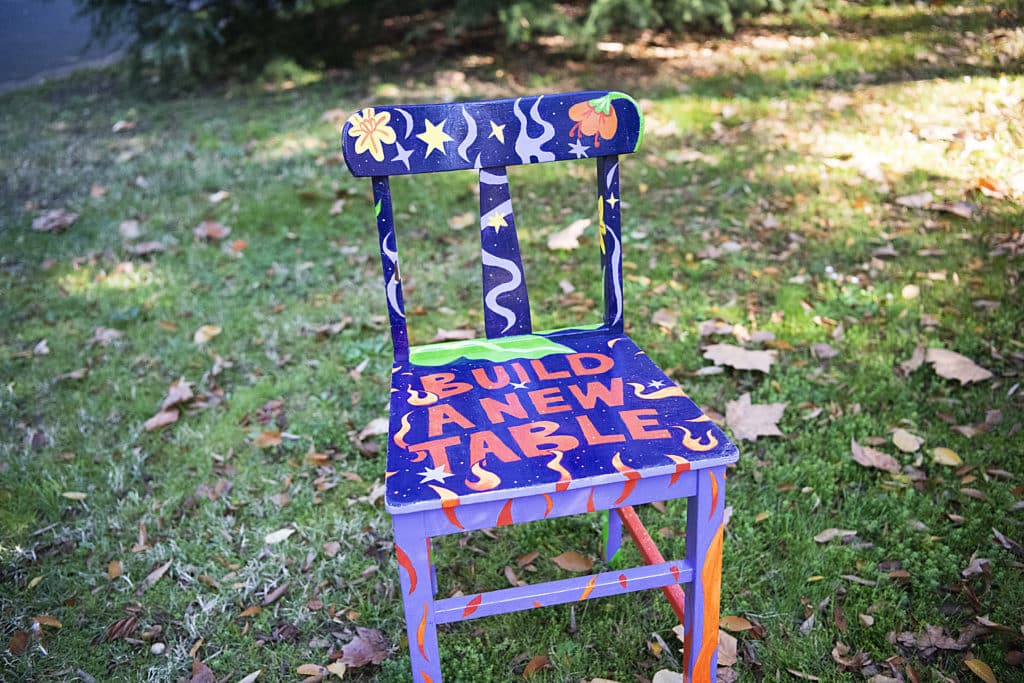International Women’s Day gives me a headache. As a young woman and passionate activist for gender equality, this is surprising.
This quote from the feminist writer Chimamanda Ngozi Adichie provides an entry point into my discomfort: “women don’t need to be championed and revered; they just need to be treated as equal human beings.”
To me, the commercialisation of International Women’s Day is symbolic of the continuing inequality that girls and women, in all their diversities, experience worldwide. If women lived as freely, safely and with as much dignity as men did, this day would be rendered obsolete.
Consider how many International Men’s Day events you’ve attended. Why isn’t the 19th of November (International Men’s Day) widely recognised as a day of celebration? The answer to that is male achievement is celebrated regardless of the day. And so every March when I see corporations throw away their Mardis Gras rainbows in replacement of ‘we respect women’ messaging, I meet it with a healthy dose of cynicism.
The modern roots of International Women’s Day began in 1908 when 15,000 people marched in the streets of New York, demanding better working conditions for women. In 1911, the first International Women’s Day was held to commemorate that protest. Over time, a grassroots rally focused on social justice has been adopted by corporate, non for profit and student bodies for varying purposes.
Some International Women’s Day events I’ve attended have been empowering, insightful experiences that have shaped my approach to gender equality. I’ve listened to intelligent keynotes that make solutions to inequality tangible, witnessed emotive celebrations of women’s contributions and marched in protests to raise awareness of problems affecting women, and solutions to these issues.

The tone of other International Women’s Day events I’ve attended differs. One event, in particular, comes to mind. A panel discussion about women overcoming adversity was derailed by two male guest speakers whose advice can be summarised as: be more confident. I sat there, fresh out of high school, wondering if my future workplace interactions would play out this way.
This tokenistic, ‘tick the boxes’ presence still lingers among many International Women’s Day proceedings. Often these events have been coupled with a #girlboss attitude (and pink merchandise to match). The phrase ‘girl boss’ seeks to describe a woman who hasn’t sacrificed her feminine qualities to succeed in a male dominated industry. However, among my peers it evokes frustration.
There are multiple layers of misogyny ingrained into this phrase. It dilutes the success of women into something more palatable. It infantilises women and undercuts their value and authority. Not only is it demeaning when applied to an individual, but when culture champions ‘girl bosses’ it sets a harmful precedent. Girl boss culture feeds into a narrative that women should be able to succeed despite the odds (aka reasonable structural supports). A woman should be able to exceed those KPIs, care for her children and hit the gym after work because she’s a #girlboss! Organisations benefit from upholding this narrative.
I’ve observed that while many organisations are willing to celebrating the achievements of individual women (as long as they can use it as a photo opp), they are unwilling to integrate policies and practices that would improve gender equality in their workplaces. Organisations will champion ‘women’s empowerment’ but fail to address the very power dynamics which create a need for the empowerment of women.
This isn’t an isolated trend. According to a major global report by the Equal Measure coalition, Australia has failed to make any significant gender equality progress in the last 5 years.
The report revealed that Australia ranks in the bottom 50 per cent of countries in Asia and the Pacific when it comes to women’s perceptions of public safety. Only 54 per cent of Australian women aged over 15 said they feel safe walking alone at night in their home area.
Meanwhile, the World Economic Forum Global Gender Gap Index shows Australia fell from 25th in the world in 2012 to 43rd in 2022.
In comparison, our New Zealand friends ranked 4th in the world in 2022. Global research from Plan International Australia has found that a “perfect storm” of factors – including the COVID-19 pandemic, the climate crisis, protracted crises, harmful gender stereotypes, the rise of far right-wing politics and many other intersecting issues such as systemic racism, ableism and transphobia – has profoundly set back progress on girls’ rights around the world.
Of the 144 countries in the UN’s Sustainable Development Goals (SDG) Gender Index, which account for 98 per cent of the world’s girls and women, not one country has achieved gender equality.
“All of this data is really sounding the alarm on the lack of progress we’ve made and the significant gaps that remain for gender equality and women’s empowerment,” Plan International Australia CEO Susanne Legena told me.
When the evidence shows Australia is backsliding on gender equality progress, feel good events from organisations who are contributing to the problem are an insult.
I understand that International Women’s Day has carved out a space that acknowledges the phenomenal impact of female community leaders that otherwise may have been overlooked. But the commercialisation of International Women’s Day feels more and more like a distraction from organisations who aren’t willing to commit to gender equality.
Siena Bordignon (she/they) is a queer creative and youth activist from regional NSW. Since 2021, Siena has worked with Plan International Australia as a Youth Activist, contributing to campaigns supporting diverse representation in parliament and improved online safety for young people. She is currently completing a degree in Media Arts and Production at the University of Technology.


